
12 Nov 2019

Marvel Studios: Expanding the Universe
An exciting look into the future of Marvel Studios' films and upcoming Disney+ series.
A look at the entire process of creating and developing Patrice Chéreau’s third staging of "In the Solitude of Cotton Fields" by Bernard Marie Koltès with Pascal Greggory and Chéreau himself. From the first reading around the table through the first contact with the performance space, rehearsals and lighting to opening night, the entire creative process unfurls in front of our eyes. The film shows us the evolving and ongoing dialogue between Greggory and Chéreau, a dialogue full of crises and magical moments of harmony and insight via which the truth, intensity, complexity, mystery and depth of Koltès’ text gradually emerge to form an implicit bond between these two men. The film also shows Chéreau directing rehearsals for Mozart’s "Don Giovanni" in Salzburg, revealing both the unity of and profound differences between his opera and theater work.
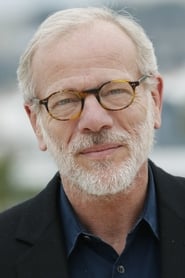
Self

Self(Leporello)
Self(Donna Anna)

Self(Donna Elvira)
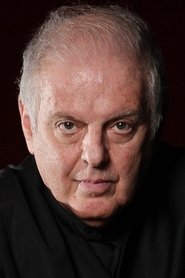
Self(Conductor of 'Don Giovanni')
Self(Leporello)
Self(Don Ottavio)

Self(Zerlina)
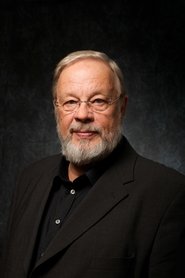
Self(Commandatore)

Self(Don Giovanni)

12 Nov 2019

An exciting look into the future of Marvel Studios' films and upcoming Disney+ series.

17 Jul 1983

Documentary about the making of the sequel to Superman.
16 Jun 2000
A snapshot of the porn industry in the San Fernando Valley focusing on a handful of people: Luke Ford, a reporter who breaks the industry's gentlemen's agreement and writes about actors who have HIV/AIDS; Kimberley Jade, a veteran actress who contracts AIDS; Katie June, who arrives in Los Angeles from the South, going on 20, with dreams of becoming a porn star and with her mother's approval; Jim South, who runs a talent agency; and, William Margold, an aging factotum. Others appear on camera to round out a portrait of a busy industry that's lucrative for some and dangerous for others.
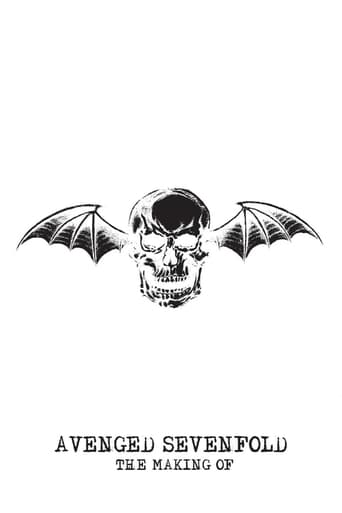
30 Oct 2007

"The Making of Avenged Sevenfold" is an exclusive DVD included as an MVI (Music Video Interactive) feature on the band's self-titled album. This behind-the-scenes documentary provides an intimate look into the creative process of Avenged Sevenfold as they craft their critically acclaimed record. Fans get a rare glimpse of the band in the studio, capturing raw and unfiltered moments of songwriting, recording sessions, and candid discussions. The DVD showcases the band's dedication, camaraderie, and the intense effort that goes into producing their signature sound.
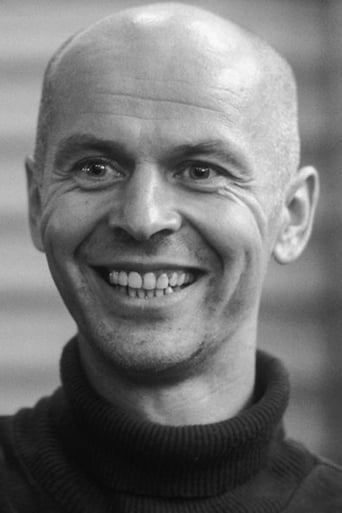
23 Feb 1984

The controversial Jouko Turkka, actor, writer, teacher and stage director. With his mostly devoted students at the Theatre Academy/University of the Arts Helsinki, Finland. Where he was appointed professor of stage production 1981-1984.
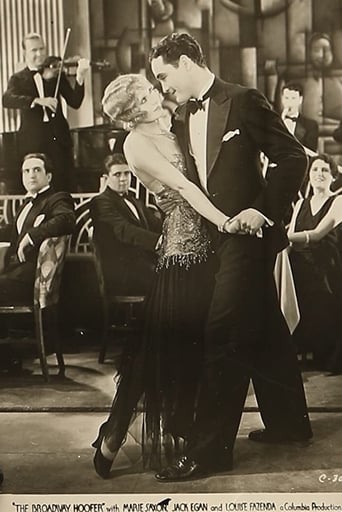
15 Dec 1929

Broadway dancing star Adele Dorey who, overworked and exhausted, suddenly ups and leaves New York in favor of a country village. But when promoter Bobby Lewis (Egan) of the barnstorming Gay Girlies Burlesque Company arrives in town, he picks an incognito Adele among all the pretty village girls to star in his new show. On a lark, Adele introduces her maid Jane (Louise Fazenda) as her mother and accepts a contract. When Adele's identity is finally revealed, the slumming star apologizes for her deception by offering Bobby a Broadway job.
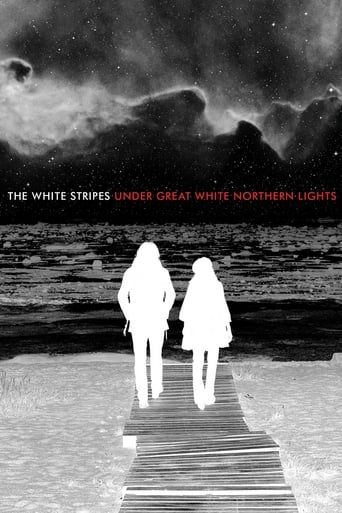
18 Sep 2009

In 2007 the legendary American duo White Stripes toured Canada. Besides playing the usual venues they challenged themselves and played in buses, cafés and for Indian tribal elders. Music video director Emmett Malloy followed the band and managed to capture both the special tour, extraordinary concert versions of the band's minimalist, raw, blues-inspired rock songs and the special relationship between the extroverted Jack White and the introspective Meg White - a formerly married couple who for a long time claimed to be siblings. The film makes striking use of the band's concert colors: red, white and black.
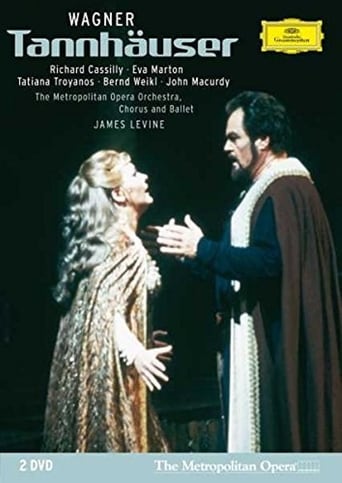
20 Dec 1982

As renowned for its harmonious overture as for its romantic storybook characters, this three-act masterwork features some of the composer’s most groundbreaking and unforgettable music, as well as a theme the young Wagner would revisit again and again later in his career—the redemptive and transcendent power of a woman’s love. The enchanting plot harks back to medieval history: Wolfram is a lovesick troubadour who desires the virtuous Elisabeth. She, however, has eyes for another: the rebellious knight Tannhäuser, who in turn cannot get over an overwhelming sensual experience in the realm of the goddess Venus, and is banished for singing her praises at court. Only saintly Elisabeth’s death can atone for his misdeeds.
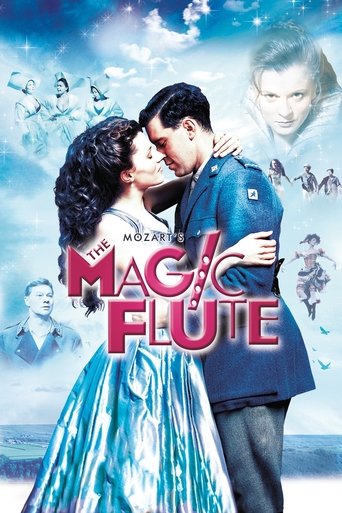
07 Sep 2006

During World War I, in an unnamed country, a soldier named Tamino is sent by the Queen of the Night to rescue her daughter Pamina from the clutches of the supposedly evil Sarastro. But all is not as it seems.
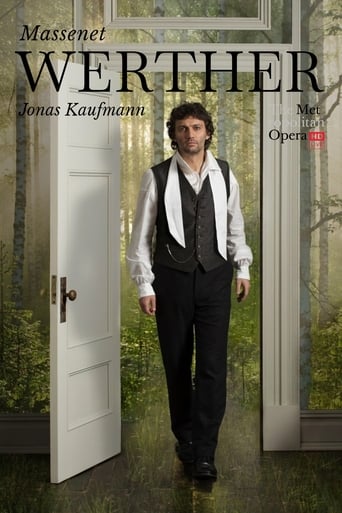
15 Mar 2014

Star tenor Jonas Kaufmann brings aching intensity and vocal charisma to the tortured title hero of Massenet’s Goethe adaptation. Sophie Koch, in her Met debut, is an appealing and elegant Charlotte, the object of Werther’s passionate affection that will lead to tragedy. Lisette Oropesa as Sophie, David Bižić as Albert, and Jonathan Summers as Le Bailli co-star. Richard Eyre’s atmospheric production is conducted by rising maestro Alain Altinoglu.
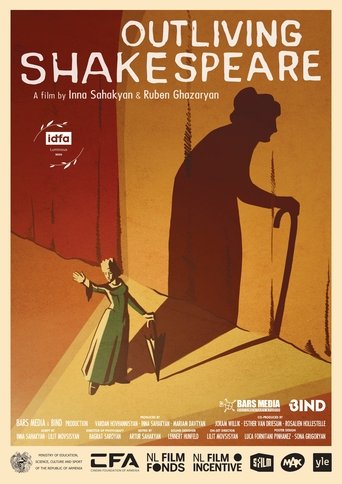
18 Nov 2025

In a decaying Soviet-era retirement home, a vibrant group of elders cling to life by staging Shakespeare. Yet loneliness lingers beyond the theater’s doors, until drama begins to blur with reality.

23 Oct 1953

This Italian film version of Verdi's opera stars Sophia Loren on the screen, with Renata Tebaldi providing the vocals.
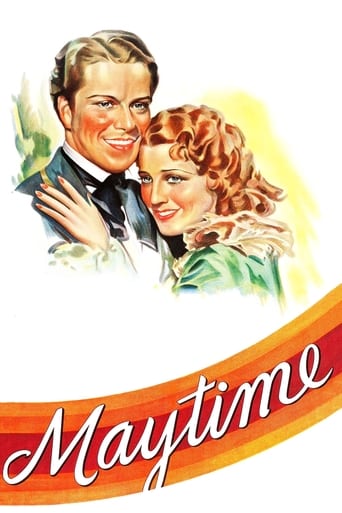
26 Mar 1937

An aging opera singer looks back on her long life, including her relationships with her vocal teacher and a student.
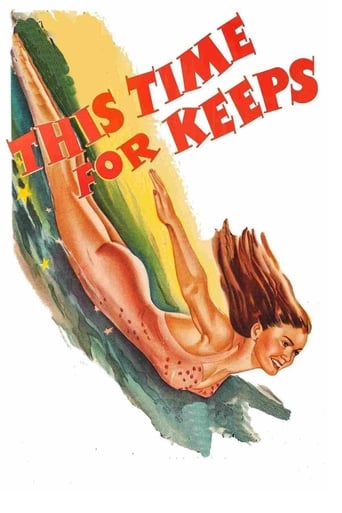
17 Oct 1947

An ex-GI falls for a bathing beauty.
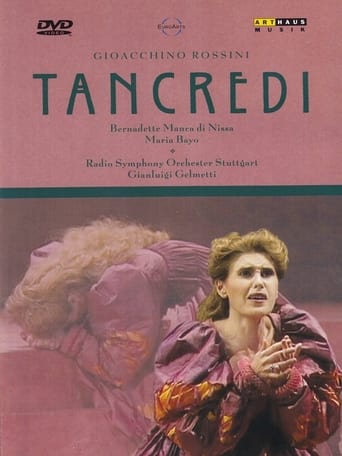
01 Jun 1992

Live performance from Schwetzinger Festspiele, 1992. Based on Voltaire's tragedy, TANCREDI is a story of innocence wronged set against a backdrop of Turks at war with Syracuse. Amenaide, the daughter of Argirio, leader of the senate, is in love with the exiled knight Tancredi. Argirio offers Amenaide's hand in marriage to Orbazzano, the leader of a rival faction, as a token of reconciliation. Amenaide resists this and sends a letter to Tancredi, who is back in Syracuse in hiding. The letter is intercepted, and it is mistaken as an invitation to the Turk Solamir to enter Syracuse. Amenaide is sentenced to death for treachery, but Argirio allows a champion to fight for her vindication... will her beloved Tancredi save her? Bernadette Manca di Nissa, Maria Bayo, and Raul Gimenez star in this Rossini opera with Gianluigi Gelmetti conducting the Radio Symphony Orchester Stuttgart.
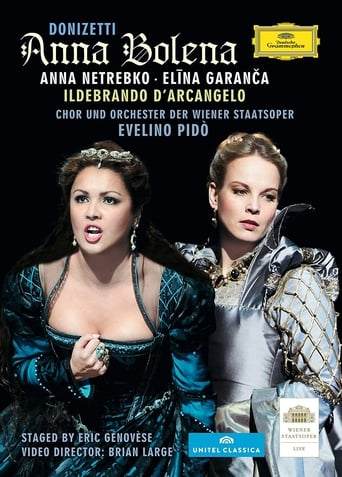
05 Apr 2011

Gaetano Donizetti and his librettist Felice Romani kept the focus of their opera ANNA BOLENA on the personal rather than the political in this fictionalized Tudor tale: Henry VIII of England wants to get rid of his second wife, Anne Boleyn, so that he can marry her lady-in-waiting, Jane Seymour. He brings Lord Richard Percy, Anne's first love, back from exile so that he can find an excuse to accuse her of adultery. With the unwitting aid of Smeaton, a court musician, and Lord Rochefort, Anne's brother, the trap is easily sprung. This 2011 live recording from the Wiener Staatsoper showcases Anna Netrebko as she "scored a personal triumph" in her debut as the hapless Tudor Queen, while her stage partners - notably Elīna Garanča as Jane Seymour and Ildebrando D'Arcangelo as Henry VIII - were likewise showered with critical acclaim.
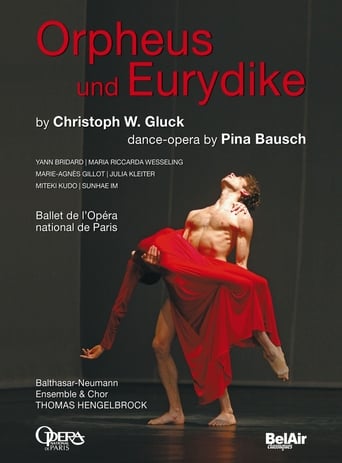
11 Sep 2008

The Ballet de l'Opera National de Paris mounted this production of the late Pina Bausch's dance-opera Orpheus und Eurydike, which Bausch had adapted from composer Christoph Willibald-Gluck and Ranieri de' Calzabigi's 1762 opera Orfeo ed Euridice. As the title suggests, it takes its basic narrative from the myth of Orpheus, and his courageous but ill-fated attempt to rescue his lover Eurydice (also known as Eurydike) from the jaws of the underworld. This particular production finds Yann Bridard dancing as Orpheus and Marie-Agnès Gillot dancing as Eurydike , with mezzo-soprano Maria-Riccarda Wesseling accompanying Bridard and soprano Julia Kleiter accompanying Wesseling. Pina Bausch did the choreography and stage direction, while Rolf Borzik designed the sets, costumes and lighting. The Balthasar-Neumann Ensemble & Choir, under the direction of Thomas Hengelbrock, lend musical accompaniment.

05 Dec 2017

One week in the making of David Lynch's 2017 continuation of his groundbreaking television series TWIN PEAKS, capturing the cast and crew as they revisited several locations from the '90s original.

07 Mar 2017

A behind-the-scenes look at the creation of Walt Disney Animation Studios' MOANA, as aided by the Oceanic Story Trust.

16 Jun 1999

In 1995, at the urging of her then-husband, an Oklahoma housewife submitted a topless photo of herself to a men's magazine, thus launching her phenomenal career as porn star Stacy Valentine. In this eye-opening and refreshingly even-handed film, Valentine candidly discusses the inner-workings and occupational hazards of the adult entertainment world, touching on the glamour -- and frequent emptiness -- of life in "the business."